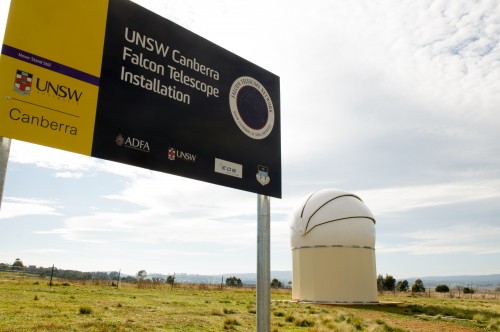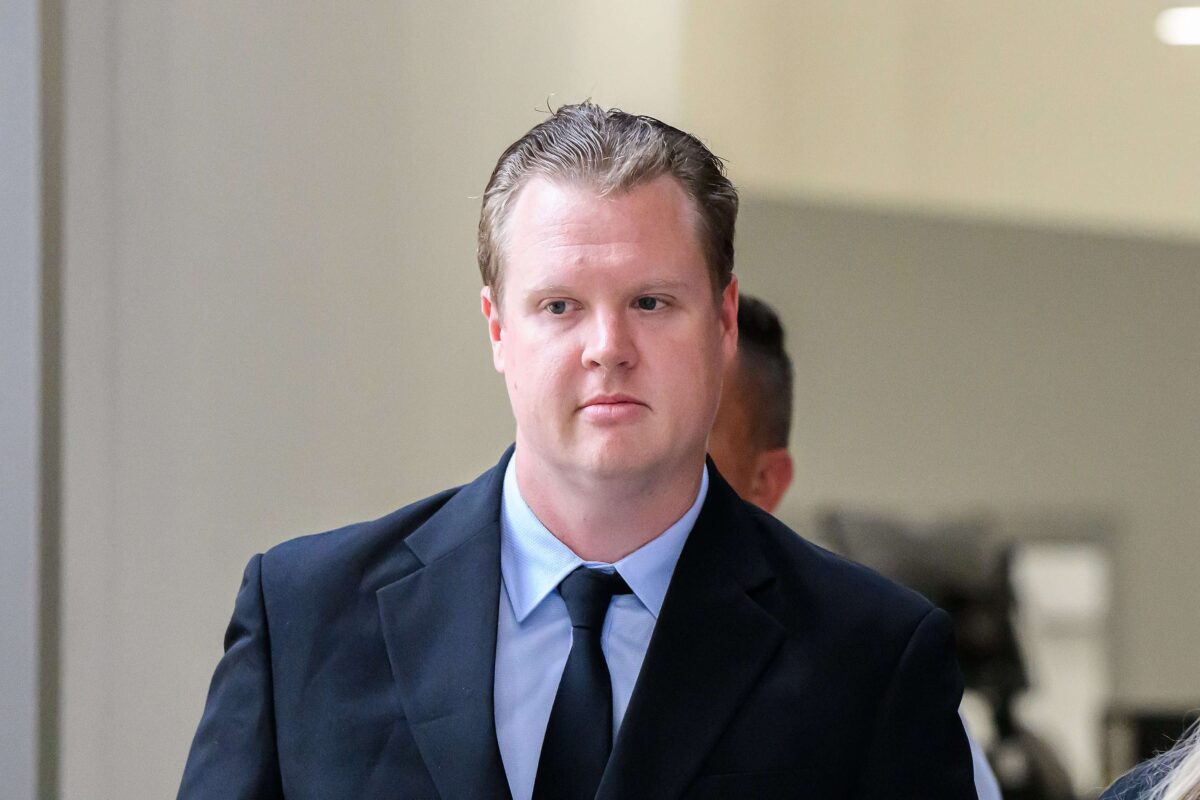TOMORROW UNSW Canberra will celebrate becoming the first home in Australia, and only the second in the Southern Hemisphere, to one of 12 telescopes that are part of the Falcon Telescope Network (FTN).
Led by the US Air Force Academy’s (USAFA) Center for Space Situational Awareness Research (CSSAR) FTN is a global research network of optical telescopes allowing monitoring of fast moving space debris and satellites for of space situational awareness (space debris tracking) and astronomy focusing on education outreach.
The network of telescopes will allow a simultaneous coverage of orbits from many angles and will track over 22,000 objects known to be circling the Earth currently.
Current partners of the program include USAFA, Penn State University, Vicuna in Chile, with planned additional sites within Australia, South Africa, Hawaii and Europe.
The new 20-inch telescope, housed in a clamshell observatory is powerful enough to look at existing satellites, refine orbits, and search for debris and track objects in real time. The robotically operated telescopes provide an almost 24 hour coverage of the sky, mitigating weather effects, and allow the monitoring of the fast moving space debris and satellites in succession around the globe. From these observations scientists can determine the wellbeing of a satellite and track the objects that can be travelling at speeds of tens of thousands kilometres per hour.
Who can be trusted?
In a world of spin and confusion, there’s never been a more important time to support independent journalism in Canberra.
If you trust our work online and want to enforce the power of independent voices, I invite you to make a small contribution.
Every dollar of support is invested back into our journalism to help keep citynews.com.au strong and free.
Thank you,
Ian Meikle, editor





Leave a Reply